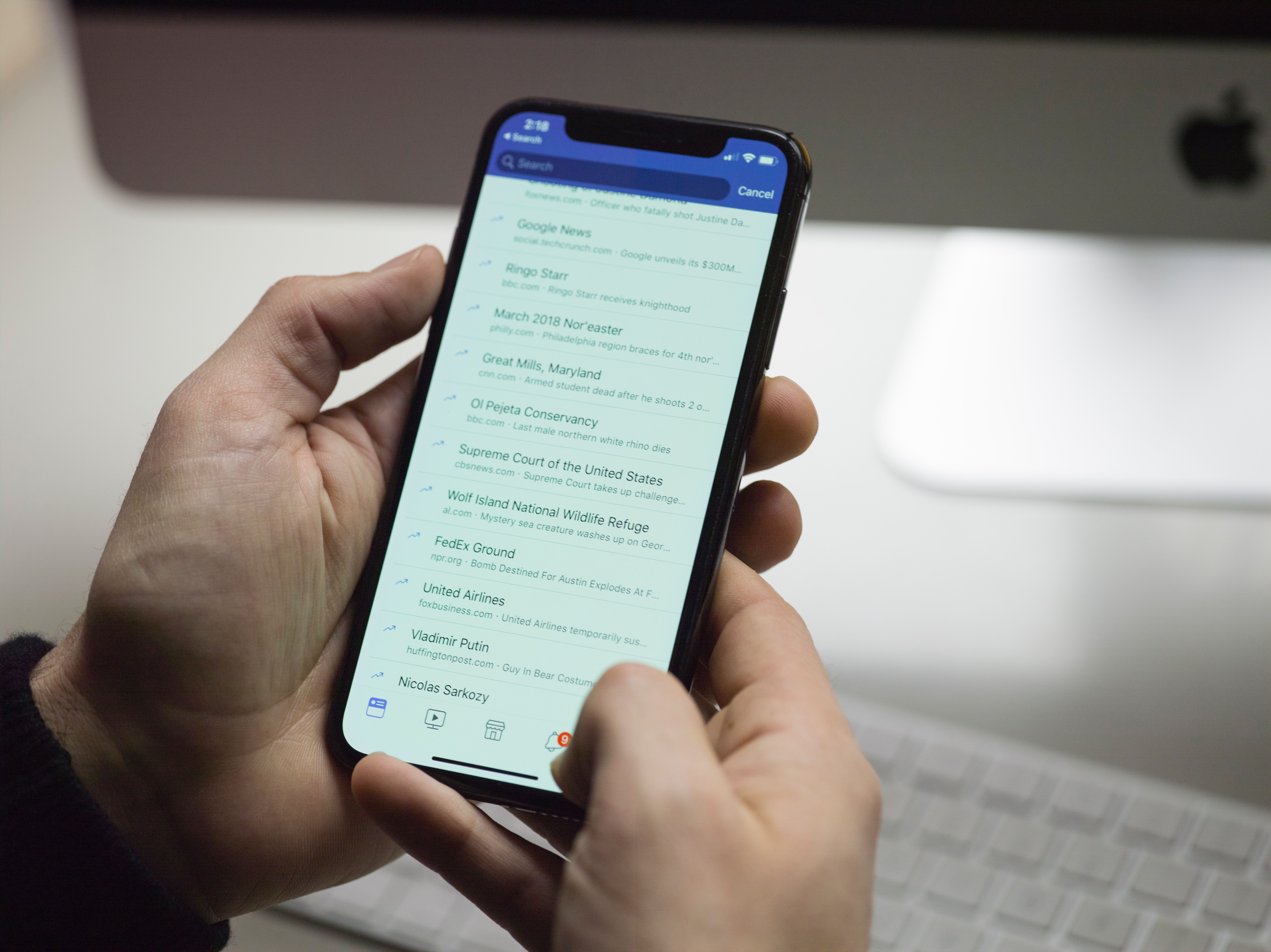Facebook privacy settings update can help protect your data
It all started with a Facebook personality quiz, yet it ended with access to data of around 50 million Facebook users. Given this access, Cambridge Analytica was able to derive algorithms from information given within the quiz that managed fundraising and voter databases, targeting specific voters, and using surveys to gather political data. Are improved privacy settings enough to protect our data?
On March 21, Mark Zuckerberg, co-founder of Facebook, apologised for a “major breach of trust” at the social network. Consequently, Facebook has suspended Strategic Communication Laboratories (SCL) and Cambridge Analytica from the platform and hired a digital forensics firm to investigate. Following this, the company announced plans to overhaul its privacy tools allowing you to permanently delete data and make it easier for people to find and edit the personal information Facebook holds.
Mark Zuckerberg, co-founder of Facebook, apologised for a “major breach of trust” at the social network
But, what do these changes mean? Zuckerberg has stated that Facebook will be cracking down on abuse of the platform, strengthen policies, and make it easier for people to revoke the app’s ability to use data. There is now a “Privacy Shortcuts” option allowing you to make your account more secure, control your personal information, control the ads you see, and manage who sees your posts and profile information.
Previously removing something from Facebook didn’t mean that the information wasn’t still available, the only way to permanently remove data was to delete your account as a whole. Facebook has now introduced “Access Your Information” which allows you to view all the information Facebook has about you from reactions, comments, as well as your search entries. From here you can permanently delete anything you no longer want Facebook to have.
The only way to permanently remove data was to delete your account as a whole
So, what should we be doing? For many Facebook users this has been a wake-up call to be more cautious about what they post, and for some a reason to stop using the social-media service altogether. However, issues of data privacy go far beyond Facebook, and unfortunately, there’s no way to delete that from your life completely.
But here are a few practical steps you can use to increase the privacy of your data:
- Audit your Facebook apps: Go to the ‘Settings’ page and click ‘Privacy Shortcuts’. After this, select ‘Privacy Check-up’ and Facebook will take you through three steps to secure your account. The final page shows which apps are connected to your account and allow you to delete them.
- Check your privacy settings. If you’re concerned about what your Facebook friends (and the apps they use) can know about you, review your settings, and change them accordingly.
- Install tracker blockers: Browser add-ons such as “Privacy Badger” and “Disconnect” allow you to deactivate trackers installed on the websites you visit.
- Read terms of service carefully. We’re all guilty of scrolling straight to the bottom and agreeing to the terms and conditions when signing up for a new app or service. However, if you are concerned about your data being used, check to see what you’re allowing it access to before you download or install it.
With cyber attacks being a matter of when, not if, it is vital to stay safe online and protect your data. While the Cambridge Analytica scandal was a wake-up call to many, it should be a warning to us all about the security of our data. So, be sure to go through your privacy settings, and remember always read the terms and conditions.

Comments